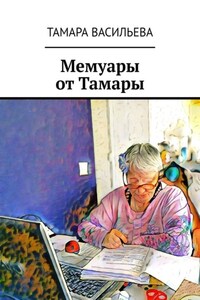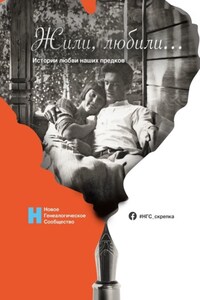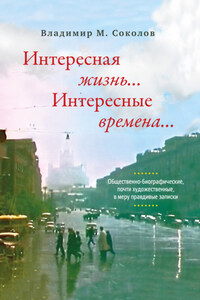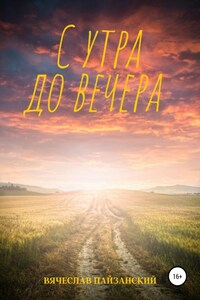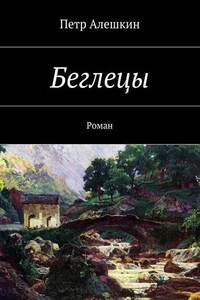Dad walked through the door and handed me an orange chopper bike. In the early Seventies, choppers, with their extended front forks and small wheels, were the only bike any child wanted, and now I was the first child on my street to get one.
My dark, handsome dad loved to be generous when he could and he knew that the only thing I really wanted was a chopper. So when he handed it over I was so happy I began screaming and shouting and running round our flat in Bermondsey in southeast London. Mumâs face was a picture â not of happiness but of fury. She began screaming and shouting at Dad because we didnât have any money and he had just spent what heâd won on the horses on a bike, not the rent. As the row heated up, I waited for them to start throwing pots and pans at each other, but Dad walked out in a huff and we didnât see him for three days.
Dad was born during the Second World War in Italy in a breathtakingly beautiful little village called Altomonte. It was mainly populated then by peasant farmers (living off the land rather than making a living from it) and is in the region of Calabria. Most people know Calabria, which is tucked away in southern Italy in the toe of the boot, because of the âNdrangheta â the Calabrian Mafia â who became notorious for smuggling and kidnapping wealthy northerners, hiding them in the mountains and holding them for ransom.
Actually, when they were all dressed up, Dadâs family did look quite like mafiosi, with their short, sturdy figures, black clothes and their weather-beaten faces framed by immaculately backcombed or brilliantined hair. But they were honest, simple people, toughened up by hard work. There was a real sense of community where they lived and if someone got sick, the village would rally round and deliver them a little extra food.
Altomonte is such a beautiful, hilly place and the only area in the world that can grow large quantities of bergamot flowers â their essential oil is used in perfumes and Earl Grey tea, and you never forget their musky scent. The plants, with their pale blue flowers, are everywhere, and just like a good strong cuppa they make me feel incredibly calm and peaceful whenever I see them.
In spite of the âNdrangheta, Altomonte is also very spiritual, almost a place of pilgrimage. It sits on a hilltop, dominated by a breathtakingly beautiful fourteenth-century white church, or basilica, which shines out across the hillside like a holy beacon.
Just being in the village can give you goose bumps, which has something to do that church. Itâs called Santa Maria della Consolazione and it doesnât matter where you are in the village â having a glass of wine in the piazza in the evening or drinking a morning coffee in one of the little cafés close by â you can hear hymns being sung by the nuns and monks, and the gentle sound is carried across the village on the breeze. Itâs a place where you think, nothing bad can happen here. But something terrible did happen, and it happened to my grandmother.
My familyâs story begins in a battered old farmhouse in Altomonte where my great-grandmother and great-grandfather raised ten children and one grandchild â my father. Dad was happy in that farmhouse, but his childhood was cut short when he was just eleven, the day he found out the truth about his birth. His story went swiftly from one about a contented country boy who had a future working the land to one of secrets, rejection and survival.
He discovered that his mother, Rita â my grandmother â was ripped from the heart of her family after a scandal that could not be healed.
Itâs hard to describe how very close Rita was to her brothers and sister, but as the second eldest, she had a special bond with them. Theyâd grown up in the same farmhouse, in the same small community, in a family that had lived there for generations.
They were extremely poor, but Dad said they always had a dinner on the table, because the land fed them. When the crops failed or they ran out of food, they would go out foraging, picking figs or apples off trees in the surrounding hills, or asking the other farmers if they had any extra. Neighbours obliged when they could, because they knew that when they were struggling, my fatherâs family would happily help them out in return. They had all looked out for each other and shared each otherâs secrets, but despite that, my grandmother was forced by her family to leave home when she was just twenty-three, and told never to come back. She never, ever got over it, and she lived until she was eighty-three.
My pretty, raven-haired grandmother, Rita Marconi, had committed the worst sin any Catholic girl could commit. Unmarried, she had slept with a man and got pregnant. I donât know about their relationship, whether it was a quick fling in a field or whether theyâd been seeing each other for a while, but the story goes that to try to get him to marry her, her eight brothers beat him up. He still would not put a ring on her finger and a single mother in those days brought shame on her family. Overnight, Rita went from being a much-loved daughter to a problem they had to deal with.




